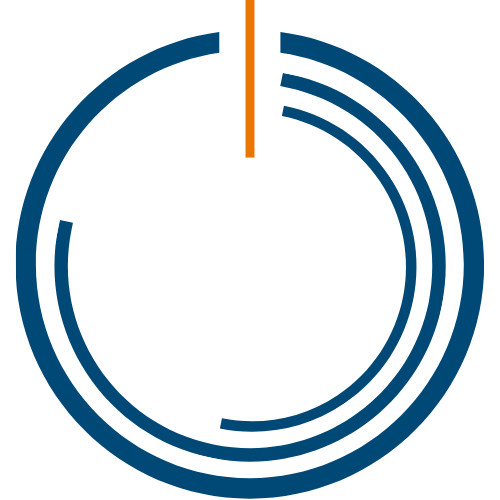2 min read
Caffeine is a staple for many tech workers who rely on it to keep them alert and productive throughout the day. But how much caffeine is too much? In this post, we'll explore the optimal caffeine intake for tech workers and why it's important to monitor your caffeine consumption.
What is Caffeine?
Caffeine is a naturally occurring stimulant found in coffee, tea, chocolate, and some other foods and drinks. It works by blocking the action of a neurotransmitter called adenosine, which is responsible for promoting sleep and suppressing arousal. By blocking adenosine, caffeine increases alertness and wakefulness, and can improve cognitive performance, mood, and physical endurance.
How Much Caffeine is Safe?
While caffeine has many benefits, it's important to consume it in moderation to avoid negative side effects. According to the U.S. Food and Drug Administration (FDA), consuming up to 400 milligrams (mg) of caffeine per day is generally safe for healthy adults. This is equivalent to about four 8-ounce cups of coffee.
However, individual sensitivity to caffeine can vary, and some people may experience negative effects at lower doses. Common side effects of caffeine include jitters, anxiety, insomnia, and rapid heart rate. Long-term excessive caffeine intake may also increase the risk of high blood pressure, heart disease, and osteoporosis.
Optimal Caffeine Intake
So how much caffeine should tech workers consume to get the benefits without the risks? According to some experts, a general rule of thumb is to consume 1-3 mg of caffeine per kilogram (kg) of body weight per day. For example, a 70-kg person (154 pounds) should aim for 70-210 mg of caffeine per day.

"Most people can safely consume 300 to 400 milligrams of caffeine daily," says Robert J. Davis, PhD. "However, it's important to keep in mind that the effects of caffeine can vary widely depending on the individual, and some people may be more sensitive to caffeine than others."
It's also important to consider the timing and context of caffeine consumption. Consuming caffeine too late in the day or before bedtime can disrupt sleep, which can in turn impair cognitive performance and productivity the next day. Moreover, consuming caffeine alongside other stimulants or medications can increase the risk of adverse effects and interactions.
Conclusion
Caffeine can be a useful tool for tech workers to boost their energy, focus, and productivity, but it should be consumed in moderation and with caution. The optimal caffeine intake for most people is between 1-3 mg of caffeine per kg of body weight per day, but individual sensitivity can vary. To avoid negative side effects, it's important to monitor your caffeine consumption and avoid consuming caffeine too late in the day or with other stimulants or medications. With the right amount and timing of caffeine, tech workers can stay alert and productive without compromising their health and well-being.

